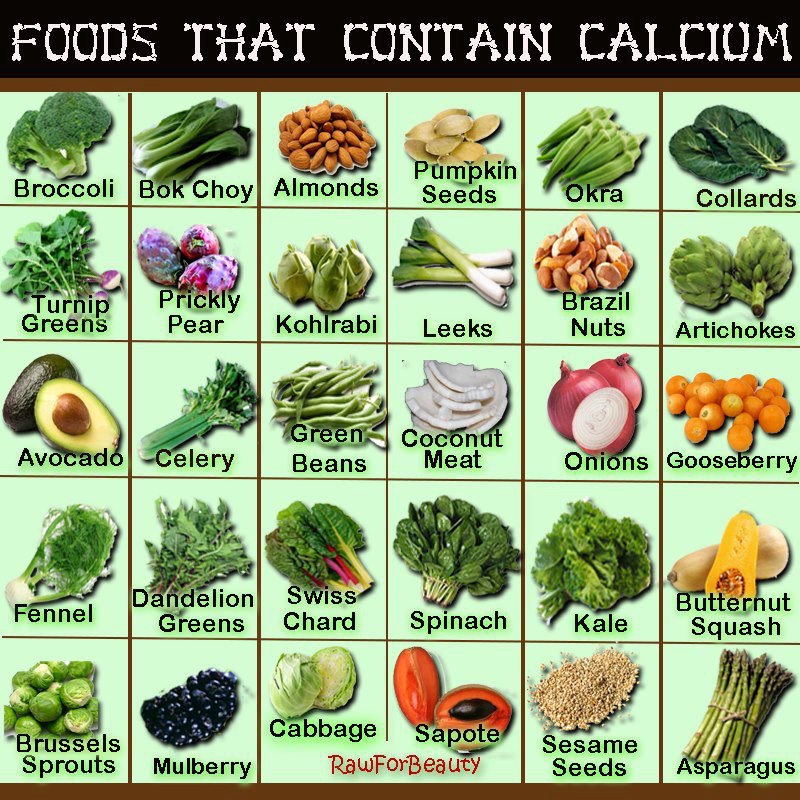Dietary Needs
-
It is recommended that children ages 4 to 8 consume 800 mg of dietary calcium each day and children 9 to 18 consume 1,300 mg per day. Adults ages 19 through 50 should consume 1,000 mg of dietary calcium each day and adults over 51 should consume 1,200 mg per day. Some studies suggest that senior adults with a higher dietary intake of calcium are less at risk for bone fractures and osteoporosis.
Daily calcium needs may also be affected by excessive consumption of dietary protein. Some studies suggest that diets high in protein, particularly animal proteins, can cause a depletion of calcium in the body. When excess dietary protein is consumed, calcium is leached from the bones and excreted in urine. This loss may leave the bones more brittle and increase the risk of bone fractures. Studies have also suggested that a lack of physical activity or excessive consumption of dairy, sodium, caffeine or alcohol can also deplete calcium stores in the body.

Leafy Greens and Vegetables
-
Spinach, turnip greens, mustard greens and collard greens are excellent sources of calcium. Based on nutrition density, a ratio between the amount of calcium in food in comparison to the amount of calories, these greens are the best sources of calcium and rank higher than dairy. In fact, 3/4 cup of collard greens contains more calcium than 1 cup of cow's milk.
Other greens that are a great source of calcium include Swiss chard, romaine lettuce, kale and cabbage. Vegetables, such as bok choy, celery, broccoli, summer squash, green beans, Brussels sprouts, okra, kelp (sea vegetable) and asparagus are also good plant sources for dietary calcium.
Other Sources
-
Sesame seeds, fennel seeds, blackstrap molasses, corn tortillas, almonds, brown sugar, quinoa, oranges and orange juice are also excellent sources of dietary calcium. Surprisingly, many herbs and spices also contain calcium such as basil, dill, thyme, oregano, cinnamon, rosemary, cloves and garlic. In fact, basil, dill, thyme, oregano, cinnamon, rosemary and blackstrap molasses have a better nutritional density for calcium than all dairy products.
Source: E-How Non-Dairy Source of Calcium